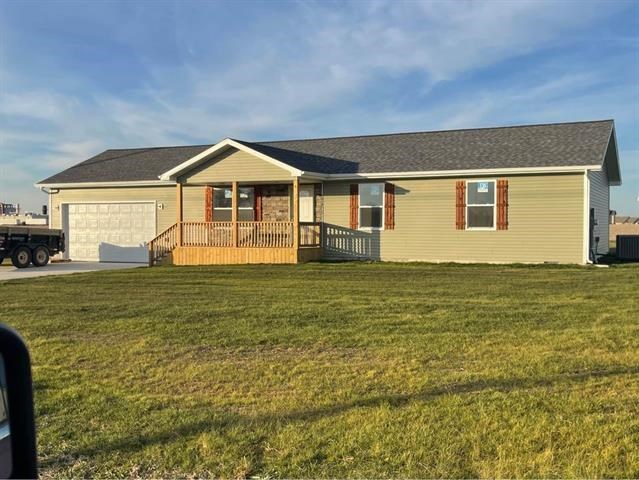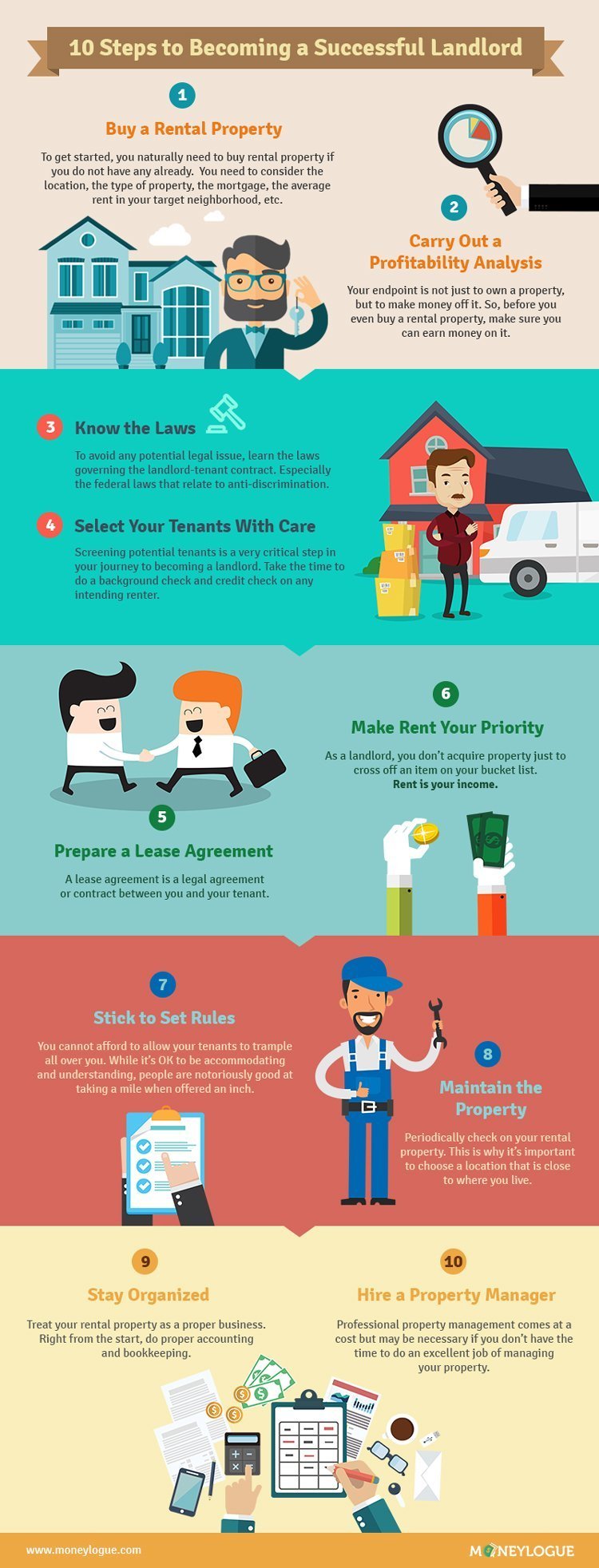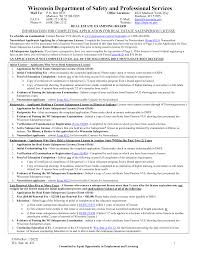
There are many options available when it is time to pay a professional real estate agent. Some agents charge 6% and 4% respectively, while others charge 5%. Some charge as low as 2%. We will be covering some of these options in this article. You have to pick the best option for you. Here are some tips to help decide how much money you'd like to spend. Here are some of the options that you have. Compare each option to make an informed decision.
6%
You might have seen the standard 6% real estate agent commission if you're looking for an agent to help you sell your house. While this standard listing agreement favors the real estate agent, you don't necessarily have to use one. You can even download a blank to check how it looks. Here are some benefits and disadvantages to using a commission of 6% for your real estate listing.

A typical real-estate transaction will result in a commission of 6%. This commission is split equally among the listing agent (and the buyer's agents). If a home has a $250,000 price tag and the agent gets 6%, $7,500 would be earned. Sometimes, the commission splits between the broker and agent. The average commission for a buyer's representative is $12,000. This includes a 6% agency commission.
4%
A majority of buyers and sellers agree to a 4% commission for their agents. This commission is based off a prenegotiated percentage of selling price. 25% of the remainder is paid to the agent. An agent may charge as low as 1% depending on the selling price. While this seems like a bargain, it's not necessarily true. Agents can charge much more to distinguish themselves from the competition.
The split of the commission is also important. Although a buyer's representative may receive a lower percentage of commission than an experienced agent with a background in the industry, a novice agent will likely earn a lower commission than an experienced veteran. Likewise, the commission split between a buyer's agent and a listing agent will likely be lower than the latter. An agent's commission may range from 4% up to 6% depending on the industry and the broker’s agreement.
5%
A 5% agency commission for the sale of a home is more that enough to compensate a top-producing agent. A 5% commission reduces the broker's share of the buyer's sale from 3% to 2.5%. That's $5,000 for a million-dollar transaction. But, remember that a lower Commission will mean a smaller Marketing Budget and a lower Listing Price, which will ultimately decrease your home's selling chances.

A 5% agent commission for selling a home is a decent rate, but what about for more complicated properties? New York's co-ops can be notoriously difficult to sell. A typical co-op can be more difficult to sell than a traditional townhouse. This is due to the complexity of the board application process. Listing agents use their board package knowledge to justify a 6% rate of agent commission. Brooklyn's board applications process is as complicated as Queens.
FAQ
What should you think about when investing in real property?
The first thing to do is ensure you have enough money to invest in real estate. You can borrow money from a bank or financial institution if you don't have enough money. Also, you need to make sure you don't get into debt. If you default on the loan, you won't be able to repay it.
You must also be clear about how much you have to spend on your investment property each monthly. This amount must be sufficient to cover all expenses, including mortgage payments and insurance.
Finally, ensure the safety of your area before you buy an investment property. It would be best if you lived elsewhere while looking at properties.
Which is better, to rent or buy?
Renting is generally cheaper than buying a home. However, you should understand that rent is more affordable than buying a house. The benefits of buying a house are not only obvious but also numerous. You will have greater control of your living arrangements.
What are the disadvantages of a fixed-rate mortgage?
Fixed-rate loans tend to carry higher initial costs than adjustable-rate mortgages. Also, if you decide to sell your home before the end of the term, you may face a steep loss due to the difference between the sale price and the outstanding balance.
What are the chances of me getting a second mortgage.
Yes. But it's wise to talk to a professional before making a decision about whether or not you want one. A second mortgage is typically used to consolidate existing debts or to fund home improvements.
Is it possible to quickly sell a house?
It might be possible to sell your house quickly, if your goal is to move out within the next few month. Before you sell your house, however, there are a few things that you should remember. First, you need to find a buyer and negotiate a contract. The second step is to prepare your house for selling. Third, advertise your property. You should also be open to accepting offers.
What time does it take to get my home sold?
It depends on many factors, such as the state of your home, how many similar homes are being sold, how much demand there is for your particular area, local housing market conditions and more. It takes anywhere from 7 days to 90 days or longer, depending on these factors.
Statistics
- Private mortgage insurance may be required for conventional loans when the borrower puts less than 20% down.4 FHA loans are mortgage loans issued by private lenders and backed by the federal government. (investopedia.com)
- 10 years ago, homeownership was nearly 70%. (fortunebuilders.com)
- Based on your credit scores and other financial details, your lender offers you a 3.5% interest rate on loan. (investopedia.com)
- It's possible to get approved for an FHA loan with a credit score as low as 580 and a down payment of 3.5% or a credit score as low as 500 and a 10% down payment.5 Specialty mortgage loans are loans that don't fit into the conventional or FHA loan categories. (investopedia.com)
- This seems to be a more popular trend as the U.S. Census Bureau reports the homeownership rate was around 65% last year. (fortunebuilders.com)
External Links
How To
How to Manage a Property Rental
Although renting your home is a great way of making extra money, there are many things you should consider before you make a decision. We'll show you what to consider when deciding whether to rent your home and give you tips on managing a rental property.
Here are some things you should know if you're thinking of renting your house.
-
What factors should I first consider? Take a look at your financial situation before you decide whether you want to rent your house. If you have any debts such as credit card or mortgage bills, you might not be able pay for someone to live in the home while you are away. Also, you should review your budget to see if there is enough money to pay your monthly expenses (rent and utilities, insurance, etc. This might be a waste of money.
-
How much is it to rent my home? The cost of renting your home depends on many factors. These factors include location, size, condition, features, season, and so forth. Prices vary depending on where you live so it's important that you don't expect the same rates everywhere. Rightmove has found that the average rent price for a London one-bedroom apartment is PS1,400 per mo. This means that if you rent out your entire home, you'd earn around PS2,800 a year. This is a good amount, but you might make significantly less if you let only a portion of your home.
-
Is it worth it. Although there are always risks involved in doing something new, if you can make extra money, why not? Make sure that you fully understand the terms of any contract before you sign it. Your home will be your own private sanctuary. However, renting your home means you won't have to spend as much time with your family. You should make sure that you have thoroughly considered all aspects before you sign on!
-
Are there any advantages? So now that you know how much it costs to rent out your home and you're confident that it's worth it, you'll need to think about the advantages. There are plenty of reasons to rent out your home: you could use the money to pay off debt, invest in a holiday, save for a rainy day, or simply enjoy having a break from your everyday life. No matter what your choice, renting is likely to be more rewarding than working every single day. Renting could be a full-time career if you plan properly.
-
How can I find tenants After you have made the decision to rent your property out, you need to market it properly. Start by listing online using websites like Zoopla and Rightmove. Once potential tenants reach out to you, schedule an interview. This will help you assess their suitability and ensure they're financially stable enough to move into your home.
-
What are the best ways to ensure that I am protected? If you fear that your home will be left empty, you need to ensure your home is protected against theft, damage, or fire. You'll need to insure your home, which you can do either through your landlord or directly with an insurer. Your landlord will likely require you to add them on as additional insured. This is to ensure that your property is covered for any damages you cause. This doesn't apply to if you live abroad or if the landlord isn’t registered with UK insurances. In this case, you'll need to register with an international insurer.
-
If you work outside of your home, it might seem like you don't have enough money to spend hours looking for tenants. But it's crucial that you put your best foot forward when advertising your property. It is important to create a professional website and place ads online. Also, you will need to complete an application form and provide references. While some people prefer to handle everything themselves, others hire agents who can take care of most of the legwork. You'll need to be ready to answer questions during interviews.
-
What happens once I find my tenant If there is a lease, you will need to inform the tenant about any changes such as moving dates. Otherwise, you can negotiate the length of stay, deposit, and other details. Remember that even though you will be paid at the end of your tenancy, you still have to pay utilities.
-
How do I collect the rent? When it comes time for you to collect your rent, check to see if the tenant has paid. If they haven't, remind them. Before you send them a final invoice, you can deduct any outstanding rent payments. If you're having difficulty getting hold of your tenant you can always call police. If there is a breach of contract they won't usually evict the tenant, but they can issue an arrest warrant.
-
How can I avoid potential problems? You can rent your home out for a good income, but you need to ensure that you are safe. Install smoke alarms, carbon monoxide detectors, and security cameras. Check with your neighbors to make sure that you are allowed to leave your property open at night. Also ensure that you have sufficient insurance. Finally, you should never let strangers into your house, even if they say they're moving in next door.